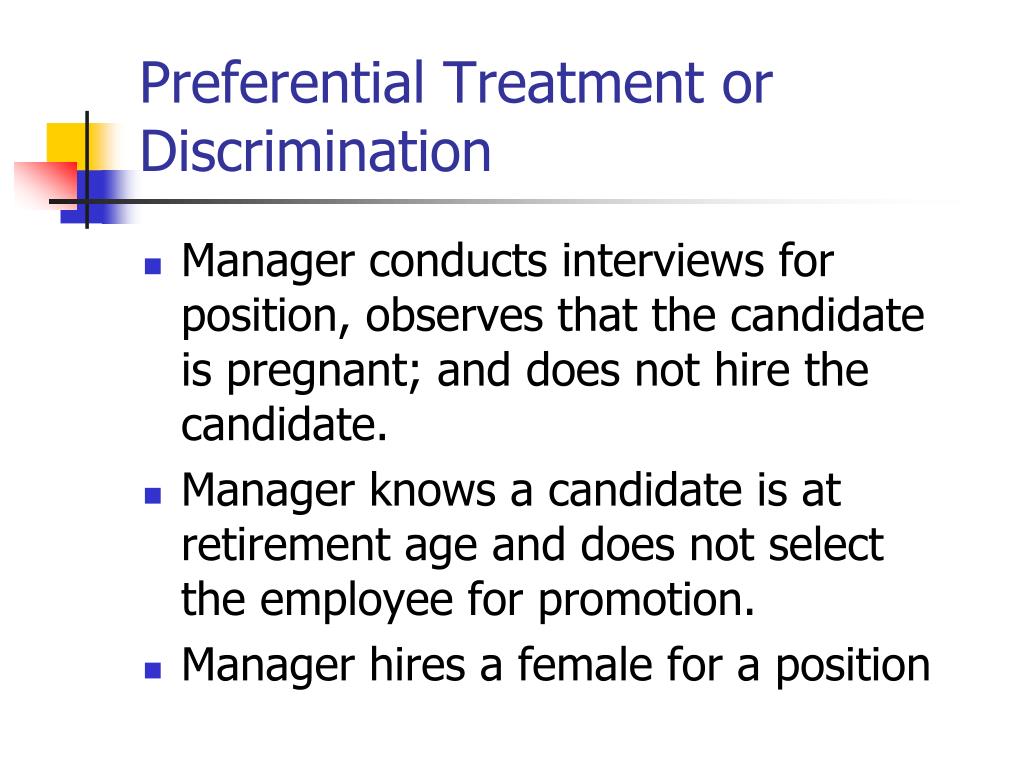
But journalists and researchers at the dozens of organizations that make up Facebook’s fact-checking operation say the company is often just that. Since at least late 2016, CEO Mark Zuckerberg has defended Facebook by insisting it should not be “an arbiter of truth,” while creating a third-party fact-checking program to fill that role of umpire. “Facebook is using biased 3rd party fact-checkers to flag content and censor conservatives," the organization told its more than 4.2 million followers. On May 19 - the day after it received its first strike for false content - it launched a fundraiser. Meanwhile, PragerU cashed in on the fact-checks of its climate misinformation. Eventually, while the false labels on PragerU’s posts remained, Facebook disappeared the strikes from its internal record and no one - not the public, the fact-checkers, or Facebook’s own employees - was informed of the decision. As first reported by BuzzFeed News last week, a Facebook employee intervened on PragerU’s behalf and asked for a reexamination of the judgment, citing “partner sensitivity” and the amount of money the organization had spent on ads. It was PragerU’s second strike for false content that month, which under Facebook’s own policies should have triggered “repeat offender” penalties including the revocation of advertising privileges and the specter of possible deletion.īut it didn't. Within days, Climate Feedback, a nonpartisan network of scientists and a member of Facebook’s global fact-checking partnership, rated the content as false - a designation that was supposed to result in serious consequences.



On May 8, Prager University, a nonprofit conservative media outlet, published a video on Facebook that incorrectly claimed “there is no evidence that CO2 emissions are the dominant factor” in climate change.


 0 kommentar(er)
0 kommentar(er)
